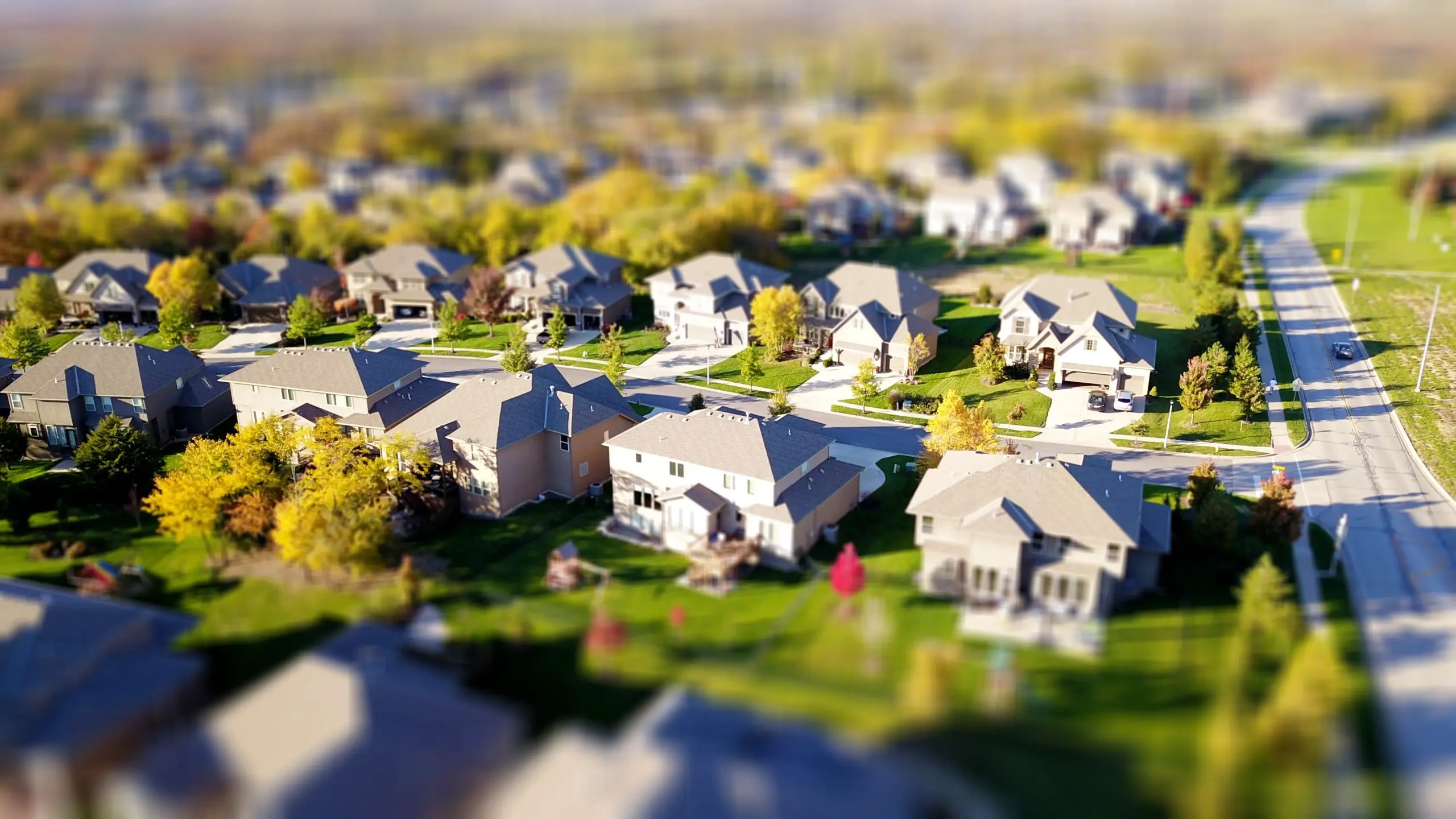Whether you’re dipping your toes in the property investment waters for the first time, or you’re an old hand seeking fresh pearls of wisdom, there’s one crucial question to grapple with: “What to look for in an investment property?” It’s time to roll up our sleeves and confront this question, providing you with a well-lit pathway to savvy investment decisions.
Remember to checkout our complete guide on selecting an investment property.
The Comprehensive Checklist: ‘What to Look for in an Investment Property’
1. Location: The Three L’s of Real Estate
They say in real estate it’s all about “location, location, location.” It’s a worn-out cliché, but it rings true. The site of your prospective investment property could be the decisive factor in your venture’s triumph or failure. Key factors include the property’s proximity to schools, hospitals, shopping centers, and public transportation. Imagine investing in a property near a university – your potential tenants could be students, providing a consistent rental demand.
2. Condition of the Property: The Hidden Story
A shiny exterior may conceal a rotten core. Don’t be hoodwinked by a superficial makeover. A comprehensive assessment of the property’s structural health, including plumbing, wiring, insulation, and roofing, is vital. Think about the proverbial money pit – a house that appears a steal at first glance but requires endless repairs, bleeding you dry.
Reading the Market Pulse
3. Market Trends: The Ebb and Flow
Stay attuned to the heartbeat of the real estate market. Are property values in your chosen area climbing or sliding down a slippery slope? Is the balance tipped in favor of buyers or sellers? And don’t forget the average rental yield – for instance, a yield above 5% is generally considered solid.
4. The Demand-Supply Tug of War
Areas characterized by high rental demand and low vacancy rates could be a veritable Eldorado for property investors. Suppose you’re investing in a city with a thriving tech industry; the steady influx of tech professionals could translate into an ongoing high rental demand.
Crunching the Numbers
5. Purchase Price and Financing: The Monetary Mechanics
Let’s face it, investment needs to make cents, er, sense, pun intended. Delve into the nitty-gritty of the purchase price, mortgage rates, down payment requirements, and potential return on investment (ROI).
6. Cash Flow and Profitability: The Financial Flow
Beyond the initial cost, evaluate your prospective cash flow and profitability. Factor in variables like potential rental income, upkeep costs, property taxes, and insurance.
Legalities and Taxation: The Fine Print
7. Legal Compliance: Zoning in on Regulations
Before you get too invested, double-check that the property conforms with all local zoning laws and housing regulations. Otherwise, you might find yourself stuck in a legal quagmire.
8. Tax Implications: The Taxing Terrain
Investment properties carry their own set of tax implications. Consult with a tax professional to comprehend potential tax advantages and pitfalls linked to property investment.
The Not-So-Tangible Aspects
9. Your Risk Tolerance: The Balance Beam
Every investment involves a gamble. Gauge your risk appetite and plan your investments accordingly. High-risk properties might yield high rewards, or they could lead to significant losses.
10. Future Growth Prospects: The Crystal Ball
Does the area show signs of future growth? Are there any planned infrastructure upgrades or commercial developments that could potentially inflate property values?
Pitfalls to Avoid When Searching for an Investment Property
11. Emotional Investments: Heart vs. Head
Stay level-headed and prevent your emotions from hijacking your investment decisions. Falling in love with a property can cloud your judgment and lead to a poor investment.
12. Ignoring Maintenance Costs: The Silent Killer
Potential maintenance costs can silently gnaw away at your profits. Take into account any foreseeable repairs or renovations from the start.
13. One Size Does Not Fit All
Each property is unique, with its own set of advantages and drawbacks. What worked for one property may not work for another.
FAQs on ‘What to Look for in an Investment Property’
1. What defines a ‘good’ investment property? A ‘good’ investment property is one that offers a solid ROI, considering location, demand, condition, and aligns with your risk profile.
2. How can I ascertain the potential return on my investment property? A comprehensive ROI calculation should include the purchase price, estimated rental income, maintenance and management costs, and tax implications.
3. Are there any warning signals when inspecting an investment property? Yes, warning signals can range from major structural flaws, antiquated plumbing or electrical systems, to high vacancy rates or unfavorable local market conditions.
4. Can a mortgage finance an investment property? Absolutely, but terms may differ from standard home loans, often requiring higher down payments and interest rates.
5. What are the tax implications of owning an investment property? Investment properties can entail capital gains tax and other taxes but also offer potential deductions like property management and maintenance costs.
6. What factors should I consider when assessing the location of an investment property? Factors include proximity to key amenities, the socioeconomic status of the area, and the area’s economic forecast.







